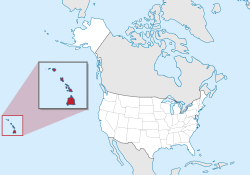This article has multiple issues. Please help improve it or discuss these issues on the talk page . (Learn how and when to remove these messages)
|
This is a List of currently active separatist movements in Oceania. Separatism includes autonomism and secessionism.






